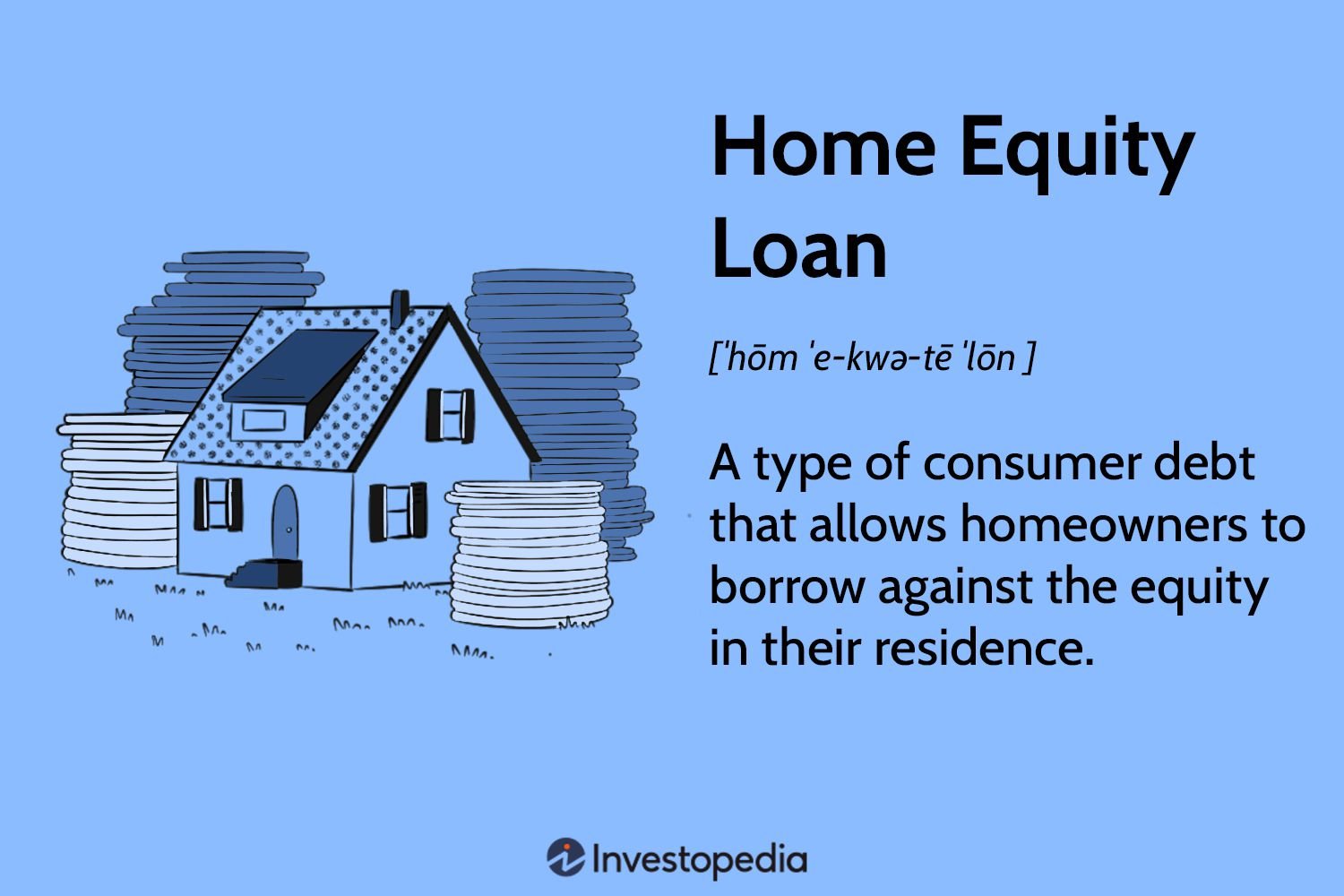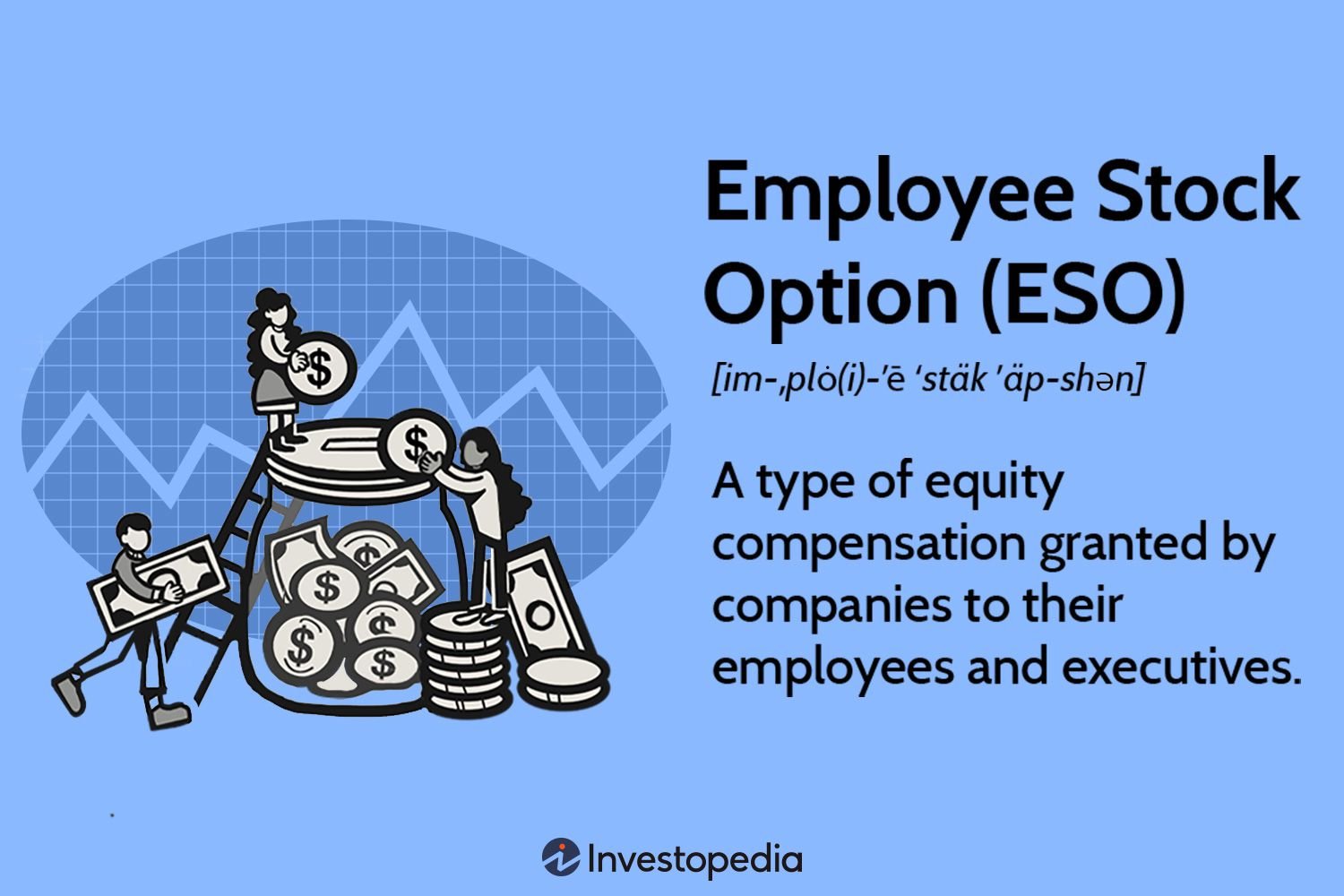Are you wondering what a home equity loan is and how it can benefit you? Well, look no further! A home equity loan is a financial tool that allows homeowners to borrow against the equity they have built up in their property. But what exactly is equity? It’s the difference between the current market value of your home and the amount you still owe on your mortgage. By tapping into this equity, you can use the funds for a variety of purposes, from renovating your home to paying for education expenses or consolidating debt. Let’s delve deeper into how a home equity loan can be a useful resource for homeowners like you.
What is a Home Equity Loan and its Uses?
A home equity loan is a type of loan where a borrower uses the equity in their home as collateral. It allows homeowners to borrow a lump sum of money against the value of their property. The loan is typically secured by a second mortgage on the property, with the amount borrowed based on the difference between the home’s market value and the outstanding mortgage balance.
Home equity loans have gained popularity due to their attractive interest rates and potential tax advantages. The loan can be used for various purposes, providing homeowners with a flexible financing option. In this article, we will explore the uses and benefits of home equity loans.
1. Debt Consolidation
One of the most common uses of a home equity loan is debt consolidation. Many homeowners accumulate high-interest debts, such as credit card balances or personal loans. By taking out a home equity loan, borrowers can pay off these debts in full, consolidating them into a single loan with a lower interest rate.
Debt consolidation through a home equity loan offers several advantages:
- Lower interest rate: Home equity loans typically have lower interest rates compared to credit cards and personal loans, resulting in significant interest savings.
- Simplified payments: With a single monthly payment, borrowers can streamline their debts and better manage their finances.
- Potential tax benefits: In some cases, the interest paid on a home equity loan used for debt consolidation may be tax-deductible. However, it’s important to consult with a tax professional for guidance on your specific situation.
2. Home Improvements
Another popular use for home equity loans is financing home improvements. Whether you’re looking to renovate your kitchen, add an extra room, or upgrade your backyard, a home equity loan can provide the necessary funds.
The benefits of using a home equity loan for home improvements include:
- Increased property value: By investing in home improvements, homeowners can enhance their property’s value and potentially reap the benefits when it comes to selling.
- Flexible financing: Home equity loans offer more favorable interest rates and terms compared to personal loans or credit cards, making them an attractive option for funding larger projects.
- Tax advantages: In some cases, the interest paid on a home equity loan used for home improvements may be tax-deductible. However, it’s advisable to consult with a tax professional for advice specific to your situation.
3. Education Expenses
For individuals looking to further their education or cover their children’s educational expenses, a home equity loan can be a viable financing option. The funds obtained can be used to pay for college tuition, vocational training, or any other educational needs.
Using a home equity loan for education expenses offers the following advantages:
- Lower interest rates: Home equity loans generally have lower interest rates compared to private student loans, making them a cost-effective choice.
- No restrictions on use: Unlike some student loans, a home equity loan does not limit the use of funds for specific educational purposes.
- Potential tax benefits: The interest paid on a home equity loan used for educational purposes may be tax-deductible in some cases. Consult with a tax professional for personalized advice.
4. Emergency Expenses
In times of unexpected financial emergencies, a home equity loan can provide homeowners with quick access to funds. Whether it’s medical bills, home repairs, or any other pressing financial need, a home equity loan can offer a reliable solution.
The benefits of using a home equity loan for emergency expenses include:
- Rapid access to funds: Home equity loans can be approved and disbursed faster than other types of loans, allowing homeowners to access funds promptly.
- Lower interest rates: Compared to credit cards or personal loans, home equity loans typically have lower interest rates, helping borrowers save on interest costs.
- Flexible repayment options: Home equity loans often offer flexible repayment terms, allowing borrowers to choose a schedule that suits their financial situation.
5. Investments
Some homeowners opt to use a home equity loan as a way to invest in other ventures, such as starting a business, purchasing additional properties, or investing in stocks or bonds. While this can be a riskier use of funds, it allows individuals to leverage the value of their property to explore new opportunities.
Consider the following factors when using a home equity loan for investments:
- Risk assessment: Before investing borrowed money, it’s crucial to thoroughly evaluate the potential risks and rewards of the investment.
- Professional advice: Seek guidance from financial advisors or experts who can help assess the viability and potential returns of the investment.
- Interest rates and repayment: Ensure that the investment’s expected returns outweigh the cost of borrowing through the home equity loan.
In conclusion, a home equity loan can offer homeowners a versatile financing option with various uses. Whether it’s consolidating debt, financing home improvements, covering education expenses, managing emergencies, or exploring new investment opportunities, utilizing the equity in one’s home can provide access to the funds needed. However, it’s essential to carefully consider the terms, interest rates, and potential risks before proceeding with a home equity loan. Consulting with financial professionals can help homeowners make informed decisions based on their unique circumstances.
What is a Home Equity Loan
Frequently Asked Questions
Frequently Asked Questions (FAQs)
What is a home equity loan?
A home equity loan is a type of loan that allows homeowners to borrow against the equity they have built up in their property. It is a secured loan, meaning the borrower uses their home as collateral.
How does a home equity loan work?
When you take out a home equity loan, the lender provides you with a lump sum of money that you can use for various purposes. You repay the loan over time, typically with fixed monthly payments, and the loan is secured by your home equity.
What can a home equity loan be used for?
Home equity loans can be used for a variety of purposes such as home improvements, debt consolidation, paying for education, or covering unexpected expenses. The funds can be used at the borrower’s discretion.
What is the difference between a home equity loan and a home equity line of credit (HELOC)?
While both home equity loans and HELOCs allow homeowners to borrow against their home equity, they differ in terms of how funds are accessed. With a home equity loan, you receive a lump sum, whereas a HELOC provides you with a line of credit that you can draw from as needed.
What are the advantages of a home equity loan?
Some advantages of a home equity loan include potentially lower interest rates compared to other forms of credit, the ability to borrow larger amounts of money, and the interest on the loan may be tax-deductible (consult a tax advisor for specific details).
Are there any risks associated with a home equity loan?
Yes, there are risks involved with a home equity loan. If you fail to make the required payments, you could risk losing your home through foreclosure. It is crucial to carefully consider your ability to repay the loan before taking one out.
How is the interest rate determined for a home equity loan?
The interest rate for a home equity loan is typically based on factors such as the borrower’s credit score, the loan-to-value ratio, and current market conditions. It is advisable to shop around and compare offers from multiple lenders to get the best rate.
How much can I borrow with a home equity loan?
The amount you can borrow with a home equity loan depends on factors such as the appraised value of your home, the outstanding mortgage balance, and the lender’s loan-to-value ratio requirements. Typically, lenders allow borrowers to access up to 80% of their home’s appraised value minus any existing mortgage balance.
Final Thoughts
A home equity loan is a financial tool that allows homeowners to borrow money against the value of their home. This type of loan can be used for various purposes, such as home improvements, debt consolidation, or tuition fees. By leveraging the equity in their home, borrowers can access funds at a favorable interest rate. This loan is secured by the property, making it less risky for the lender and potentially offering lower interest rates compared to other forms of borrowing. Home equity loans provide homeowners with flexibility and the opportunity to tap into their home’s value to meet their financial needs. Whether it’s renovating your home or funding a major expense, a home equity loan can be a practical solution.



